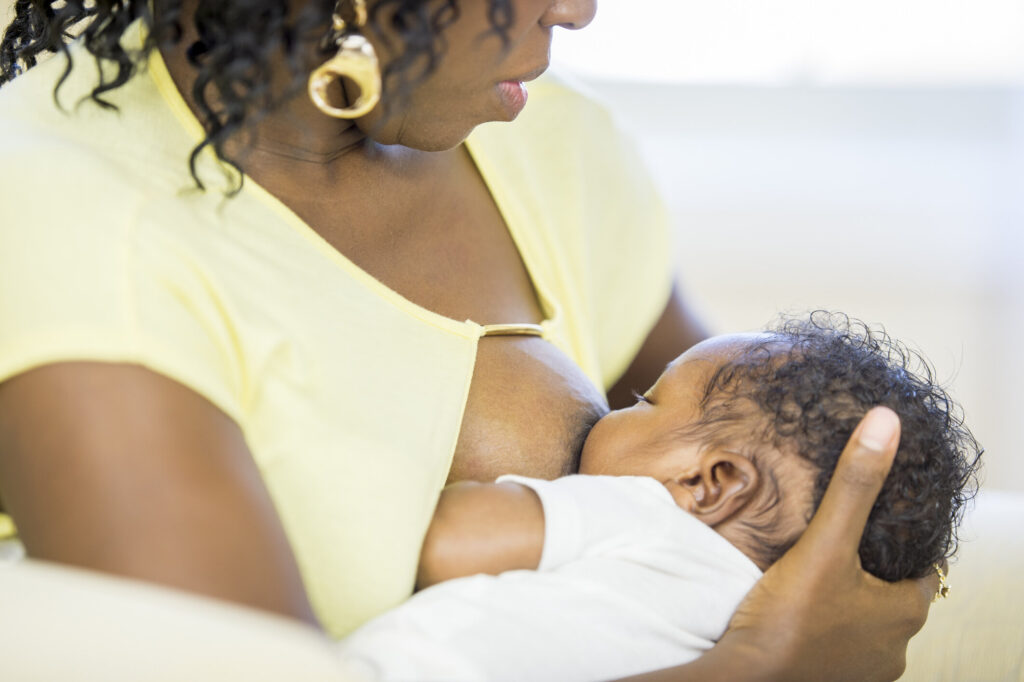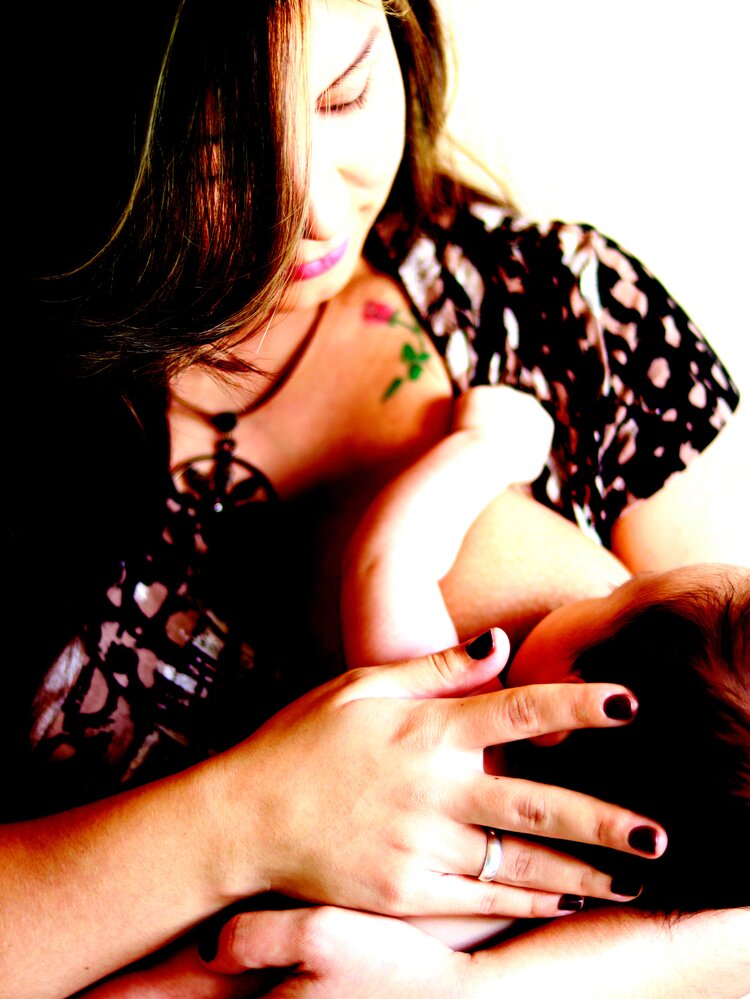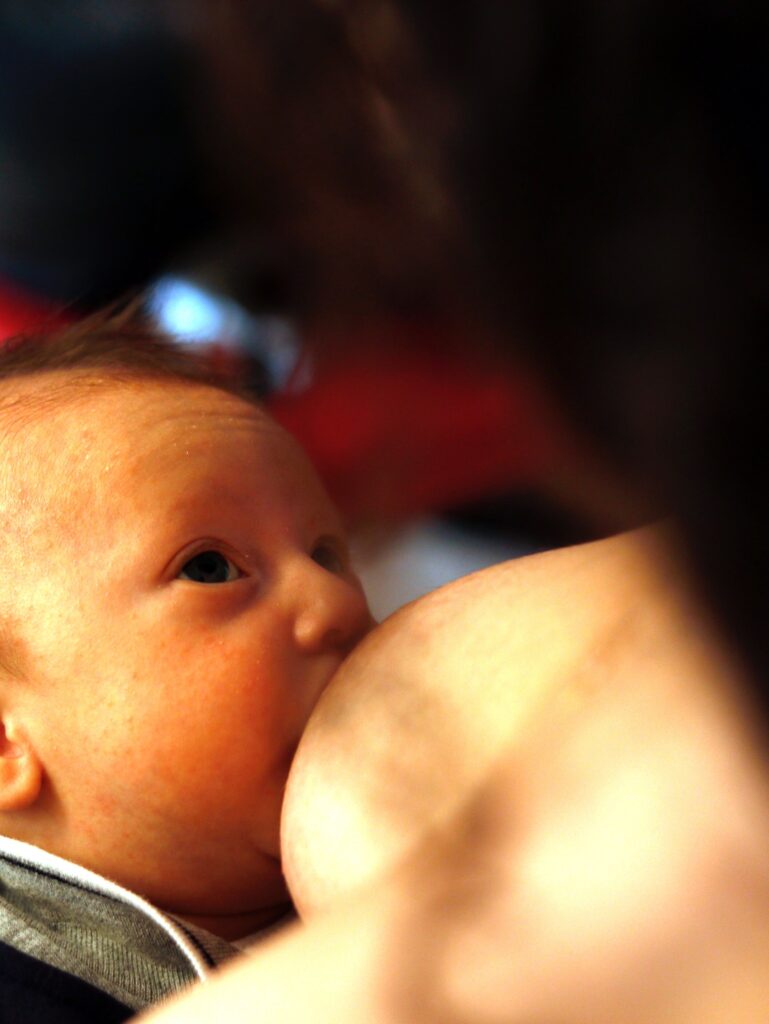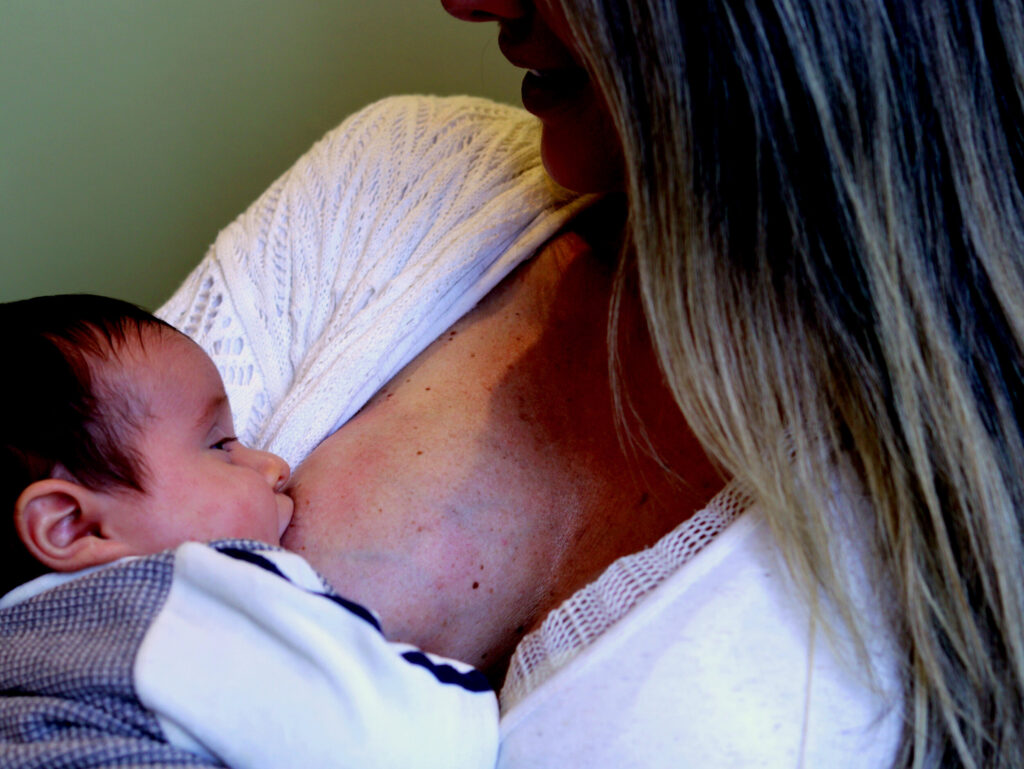
Breast fullness and engorgement (when your breasts fill with milk and are firm to the touch) usually occurs around 3 to 5 days after delivery, depending on breast and nipple stimulation (such as the frequency of infant feeding) and also women’s individual bodies. Sometimes women who give birth by cesarean section experience later onset of breast fullness – and this may reflect the greater difficulty mothers encounter moving themselves, handling their infants, and feeding as often as those who give birth vaginally. This mobility challenge can be anticipated and should be accommodated, by nurses on the postnatal unit, doulas, and family and other supports.
The experience of engorgement can be reassuring for those who want to breastfeed or express because it clearly indicates the presence of milk. However, engorgement can also be painful. There is currently no standardized way for diagnosing engorgement. It is hard to know if it will resolve (usually) or become more complicated. Information is provided on infection, which may happen.
Things that Might Help
Prevention of engorgement and management has not been researched enough. Some strategies that may be helpful to minimize the risk of engorgement and help it resolve when it is experienced include frequent breastfeeding or expressing, and hand massages of breasts after milk removal. Other approaches that have been studied with potential positive impact include cold packs on breasts, cool and washed green cabbage leaves applied to breasts in between feedings, and acupuncture for mothers.
Resources:










